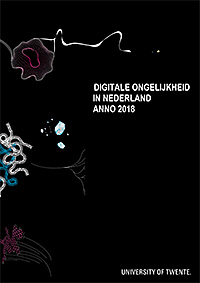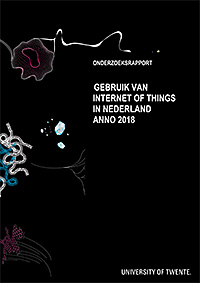Citation:
Van Deursen, A.J.A.M., van Dijk, J.A.G.M. (2015). Internet skill levels increase, but gaps widen: a longitudinal cross-sectional analysis (2010–2013) among the Dutch population. Information, Communication & Society, 18(7), 782-797.
Abstract:
In the current contribution, we investigated how (1) the levels of operational, formal, information, and strategic internet skills changed between 2010 and 2013, and how (2) the observed skill patterns differ across gender, age, and education. All internet skills are measured among representative samples of the Dutch population in 2010, 2011, 2012, and 2013. Cross-sectional data are repeated to consider patterns of change at the aggregate level. The levels of operational and formal internet skills increased most. Information internet skill remained more or less consistent, and strategic internet skills only revealed a very small increase. Policies related to internet skills are largely aimed at improving basic skills among specific target groups. Future policies should shift towards improving information and
strategic skills, which will be a more difficult challenge. Gender, age, and educational background are all important variables related to skill inequalities. As age increases, internet skill levels decrease. Information internet skills only increased for people aged over 65 years between 2010 and 2013. It seems that the gain in operational and formal internet skills among older people results in a better performance on information internet skills. The higher educated, the higher the levels of all four internet skills. The skills gap between the higher educated, on the one hand, and lower and middle educated, on the other hand, increased, while the gap between low and middle educated decreased. We expect that a particular share of inequality concerning information and strategic internet skills will remain and that these inequalities are long lasting.






